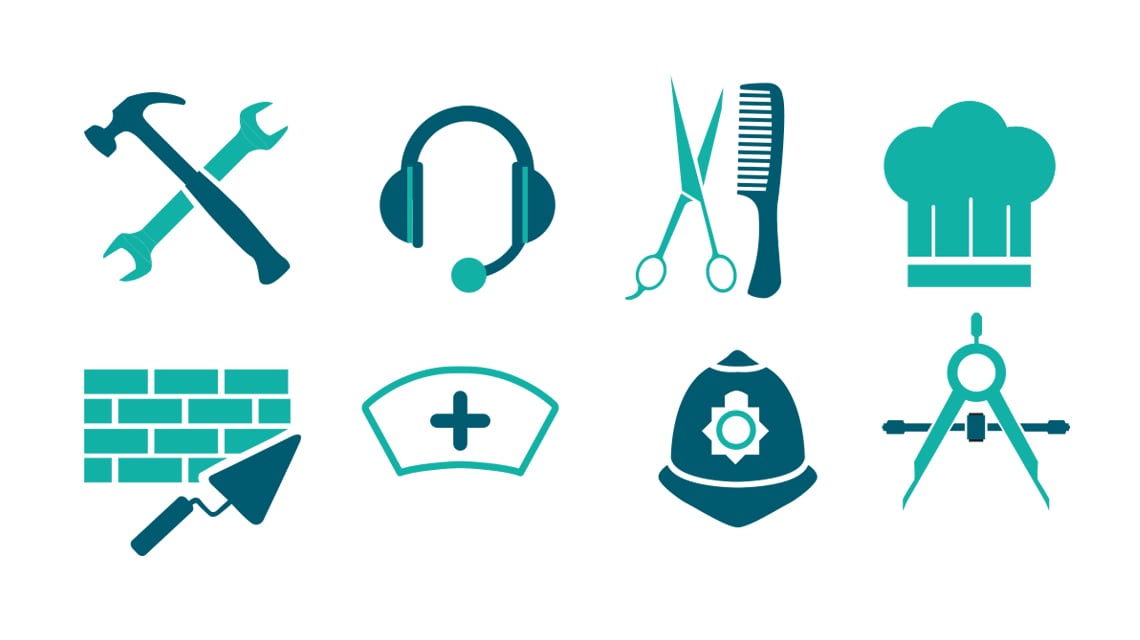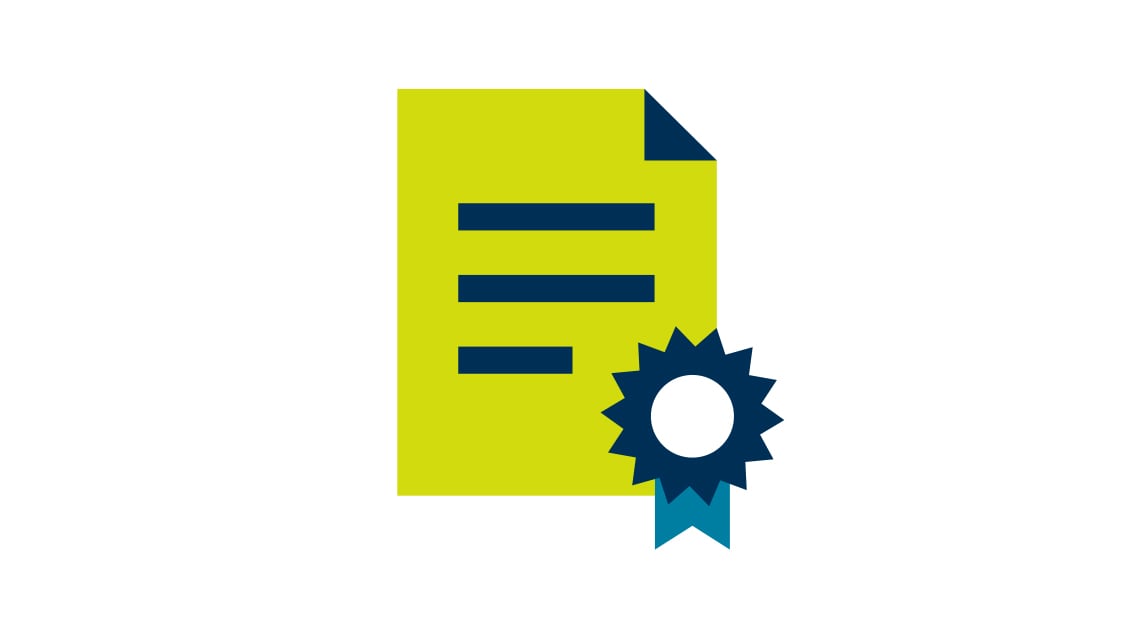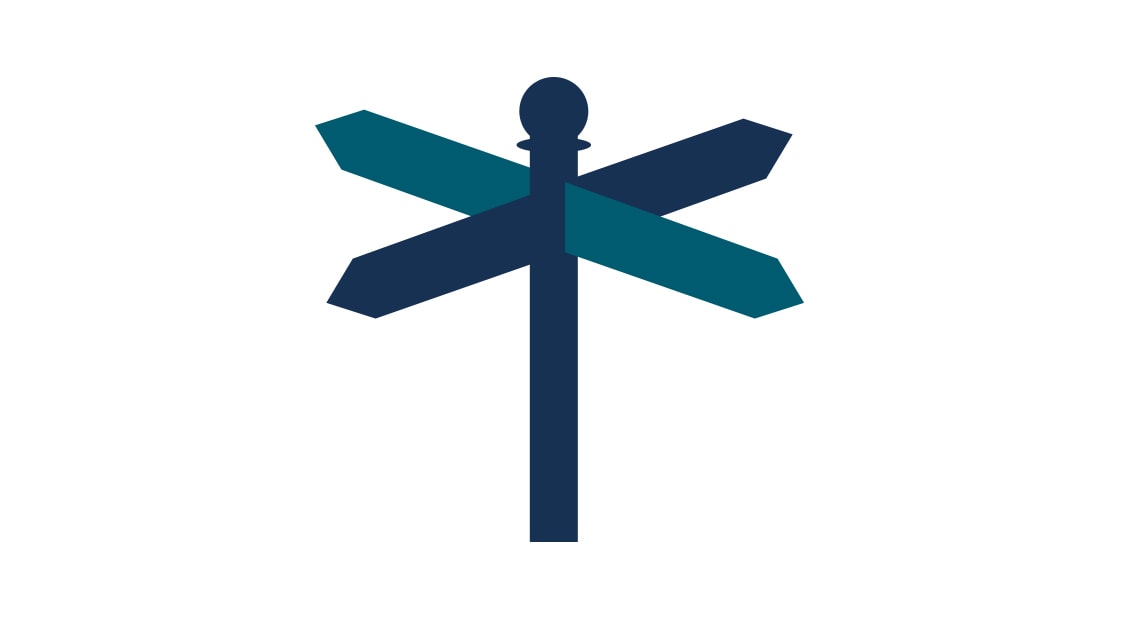As a teacher, lecturer or tutor you will use your skills to develop a positive learning environment for your students.
A good sense of humour helps and patience is essential. You will teach a particular age group: ages 5 to 11 in primary schools, 11 to 19 in secondary schools, 14 to 19 and/or adults in further education colleges, sixth form colleges and universities.
There are many different types of school, college, training and university teaching jobs, so you will need to think carefully about what role and age group would suit you.

Example jobs

Teacher in a school
Preparing lessons, presentations, and teaching materials, assessing work, controlling and managing the class or group, having responsibility for the pastoral care of a class. You will also write reports, do lunchtime, break and before and after school duties and supervise detention classes or other activities as part of the extended school day. You will also attend parent/carer evenings once or twice a term.
Lecturer or tutor in a college or university
Preparing lessons, presentations and teaching materials, assessing work, controlling and managing the class or group, attending department or faculty meetings, providing pastoral support to groups of students.
Things you need to know

Typical working conditions
- Hours of work are likely to fall between 7.30am and 6pm (9pm on parent evenings). In-service training sessions are held before or after time-tabled sessions as part of personal development for all staff in educational institutions.
- Working in any education setting is hectic and constantly changing and can involve travelling between sites.
- Working conditions vary depending on the type of organisation you work for. You are likely to work in modern buildings and with up-to-date technologies. However, some class sizes still remain a challenge.
- Teachers usually have some protected marking and preparation time.
- Lecturers in universities might only give a few lectures and classes a week but might also tutor individual students. They might also be working on a research project.

Qualifications needed
If you want to teach in a primary or middle school, you can take a degree in education, called a BEd degree. Most secondary teachers need a degree (BA or BSc) in the curriculum subject they want to teach.
You will need a teacher training qualification after obtaining your degree. This could be an initial teacher training (ITT), postgraduate or other work-based accredited course for some schools and colleges.
To teach in a university, you will also require an MA and be working towards a PhD, possibly doing research and involved in publishing articles and books.
Anyone working with children and young people aged 16 and under will require an enhanced DBS check.

Career path
You could progress to head of department, responsible for the efficient running of your team of teachers of the same subject. You would run meetings to ensure that delivery and assessment methods are consistent and of a high standard.
With considerable experience, you could become an assistant head or senior lecturer, which will give you wider responsibilities in the organisation.
You can also take on other leadership and management responsibilities, such as working and training to become a deputy or headteacher.
You could work for your local authority as an administrator or subject examiner. You might choose to transfer to an FE college or university or to an examination awarding body such as Pearson Edexcel or AQA.
Useful links
Pearson is not responsible for content on external websites.